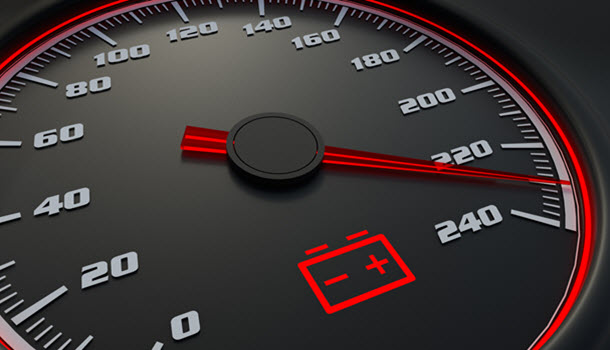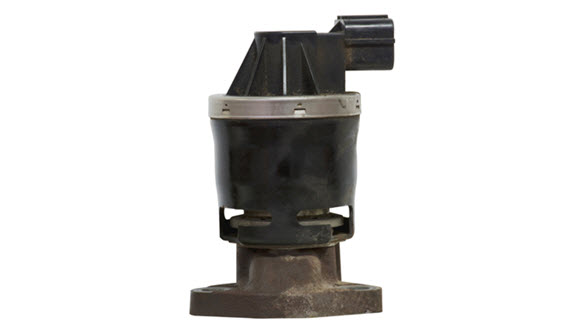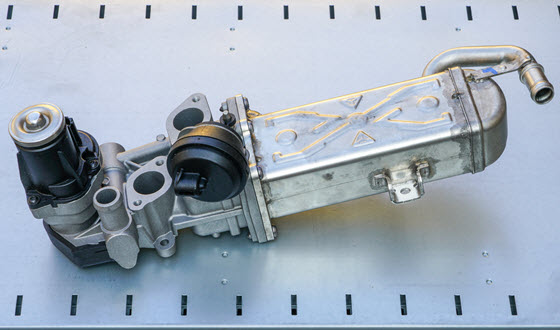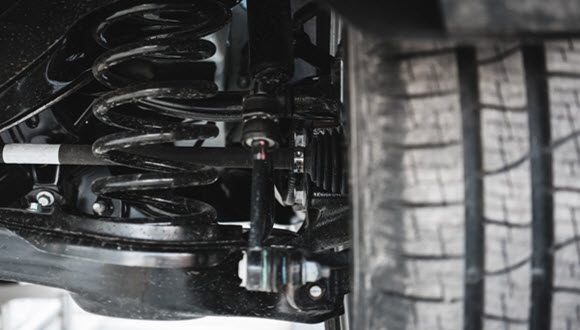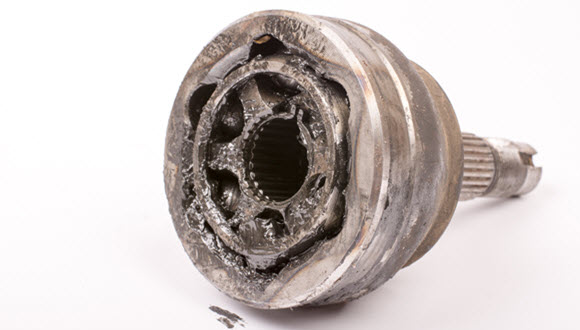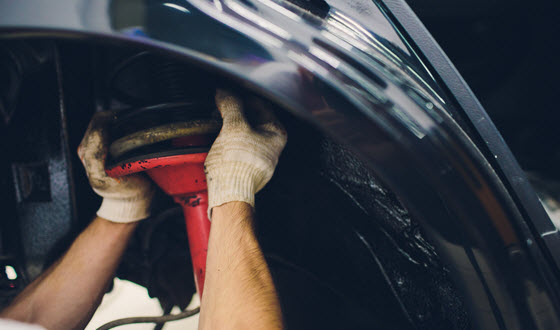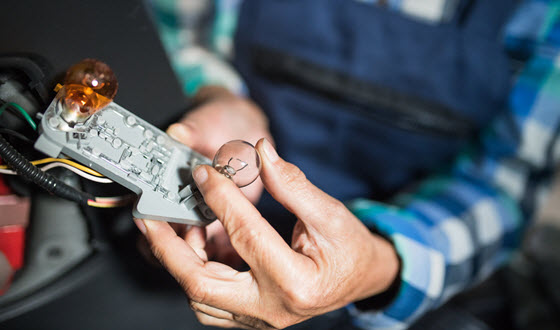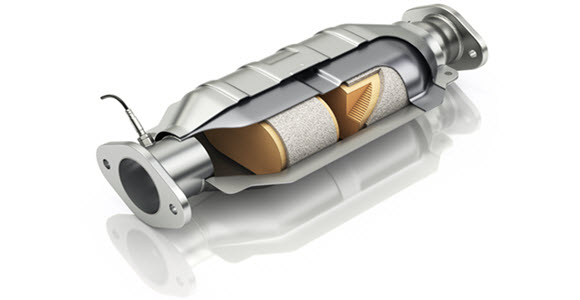Where to Go in Dallas To Address Your Audi Battery Drain Problems
Posted on | 13 Sep 2024 By Anita Gaal
Central to the proper functioning of an Audi electrical system is its car battery. Without it, the car lacks enough electrical energy to ignite its engine, transfer power to lights, and perform other functions.
On the outside, the Audi battery looks like a random plastic with various connectors on it, but it’s more than that. It houses distinct components, which work in unison for the battery’s optimal performance. However, with extensive usage and other factors, these components can start losing power, thereby leading to battery drain over time.
As a driver of an exotic car like Audi, you certainly do not want your car battery failing on the road. So, this guide will help you understand the contributing factors to battery drain, with the preventive or remedial measures that can be taken to rectify the problem.
What Causes Battery Drain in an Audi?
Battery drain in Audis can be attributed to several causes, and understanding these causes puts the driver a step ahead in resolving the problem before it becomes too expensive. Some of these causes include:
- Faulty electrical system: Defective electrical components like damaged cables and circuits, with malfunctioning alternator and starter motor, can cause excessive battery drain. When you notice dim lights and difficulty starting your car, that is your cue to check your electrical system before it starts draining your battery.
- Unintentional Draining: This is one of the most common causes of Audi battery drain, and it happens when there is a continuous battery drain by the car alarm system, lights, and radio even when the car is turned off. Also, having a defective sensor in the Audi electrical system can lead to a parasitic draw on the battery.
- Extreme temperatures: Extreme temperatures, whether heat or cold, can take a huge toll on the car battery. In extremely cold temperatures, the battery finds it hard to produce power as it experiences a slow chemical reaction. And, in extremely hot temperatures, the battery fluids easily evaporate, both of which cause battery issues.
- Underuse of the car battery: Just like metals become rusty when not used for an extensive period, the car battery self-discharges over an extended period of inactivity in the car.
- Defective charging system: The Audi car battery is designed and engineered to recharge itself when the car is in motion. When the charging system is faulty, the battery drains over time, eventually leaving a dead battery.
- Short trips: Consistently taking very short trips or being in stop-and-go traffic deprives the alternator of its ability to recharge the battery efficiently. This, in turn, drains the battery as the car appliances rely on the battery’s reserved power every time the battery is not properly charged.
Taking Care of Audi Battery Drain Issues
A prompt preventive and remedial measure toward the Audi battery problem saves a lot of stress, money, and issues extending to other parts of the car. Here are a few ways of taking care of the Audi battery drain problems:
- Regular Maintenance Checks: Regular inspections and maintenance checks at a certified auto mechanics shop will do your car battery more good than you imagine. The car’s electrical system is thoroughly checked to help detect signs of a battery drain at an early stage so it can be fixed quickly.
- Good Car Habits: Good car habits help to leave your car in good condition and prevent issues like a battery drain. Before turning off your car, ensure all lights and battery-draining accessories are also completely turned off.
- Continuous Battery Use: When your Audi is driven consistently, the battery is in optimal usage and is properly charged. However, if you must compulsorily park your Audi car for a long time, you should consider investing in a battery maintainer or trickle charger to minimize the effect of extreme temperature on your battery.
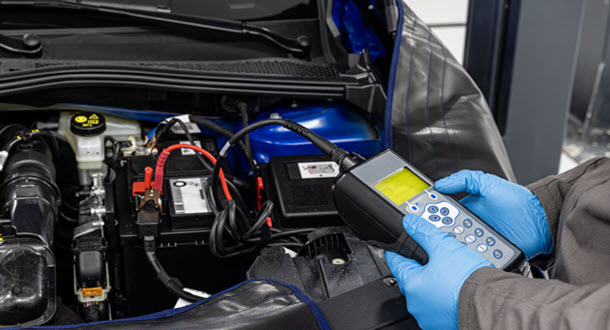
The Best Auto Repair Shop in Texas for Audi Battery Issues
At Euro Automotive, we take pride in ensuring that drivers have the best driving experience with their cars. To do this, our experienced mechanics and technicians perform proper diagnosis and use factory-grade tools for all repairs.
With over 18 years of experience in handling car issues and also with the perfect location in the heart of North Dallas, TX, we provide exceptional maintenance and repair services for drivers in neighboring areas like Garland, Arlington, and Fort Worth. Schedule an appointment with us today, and our outstanding car repair services will blow your mind.





